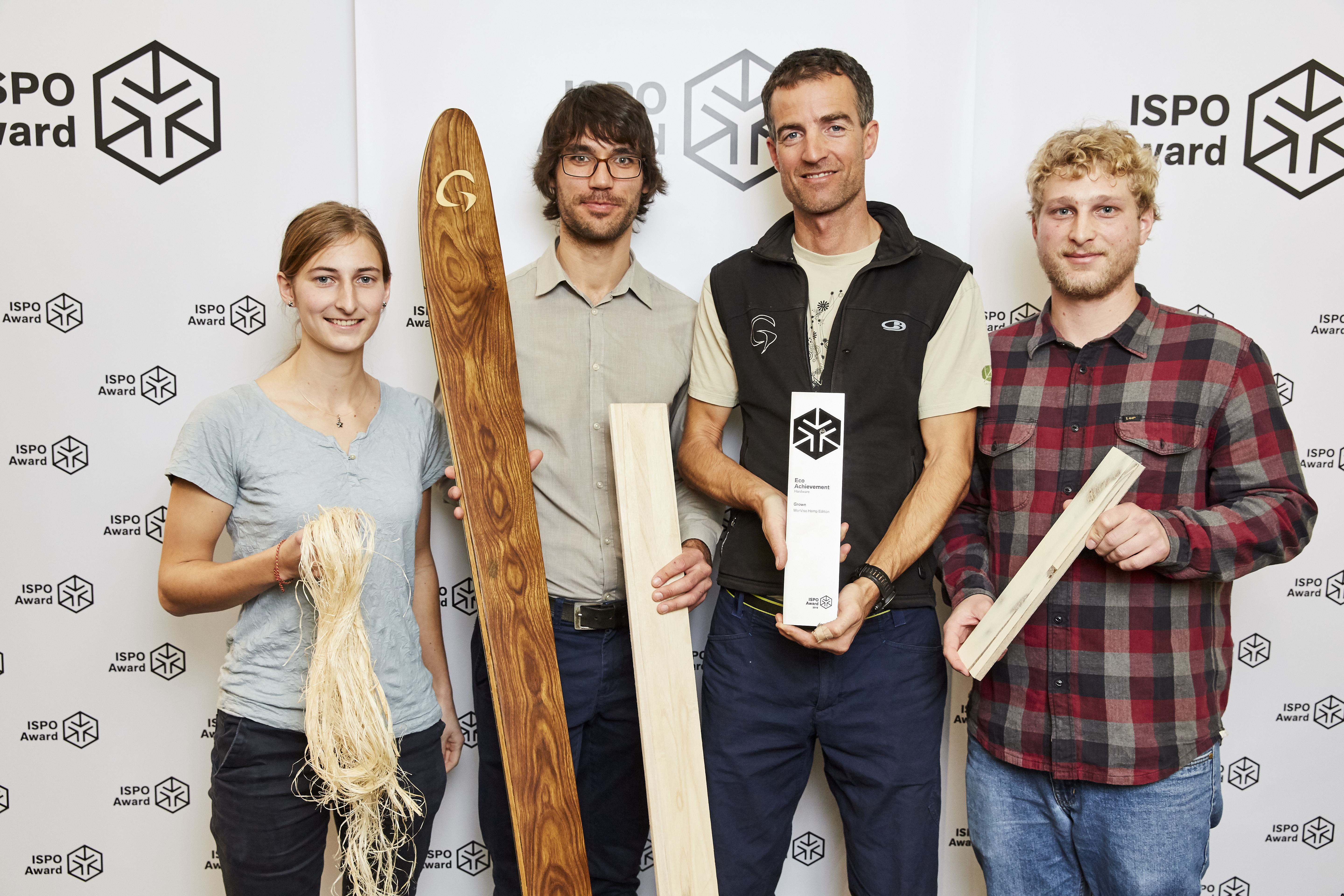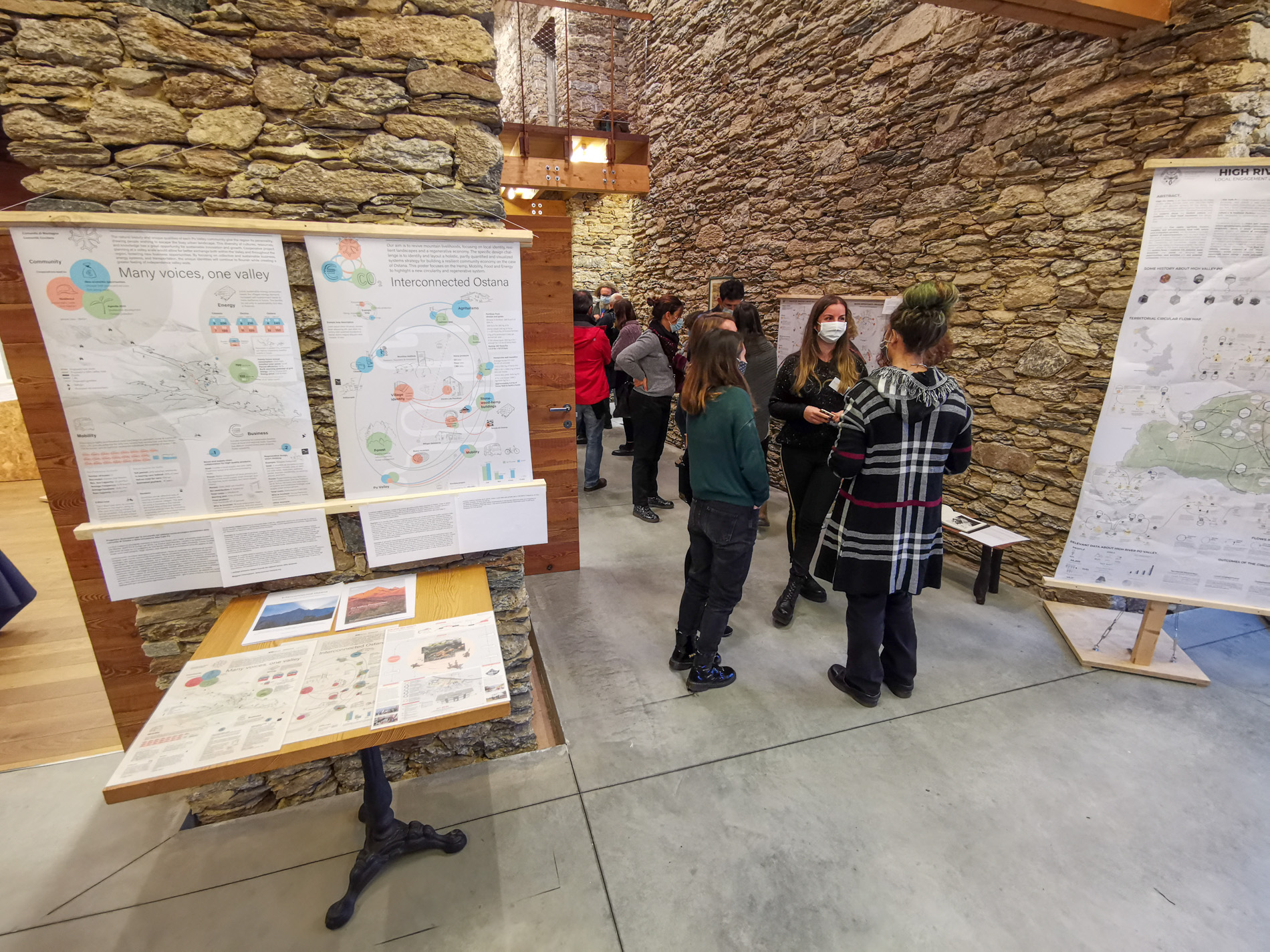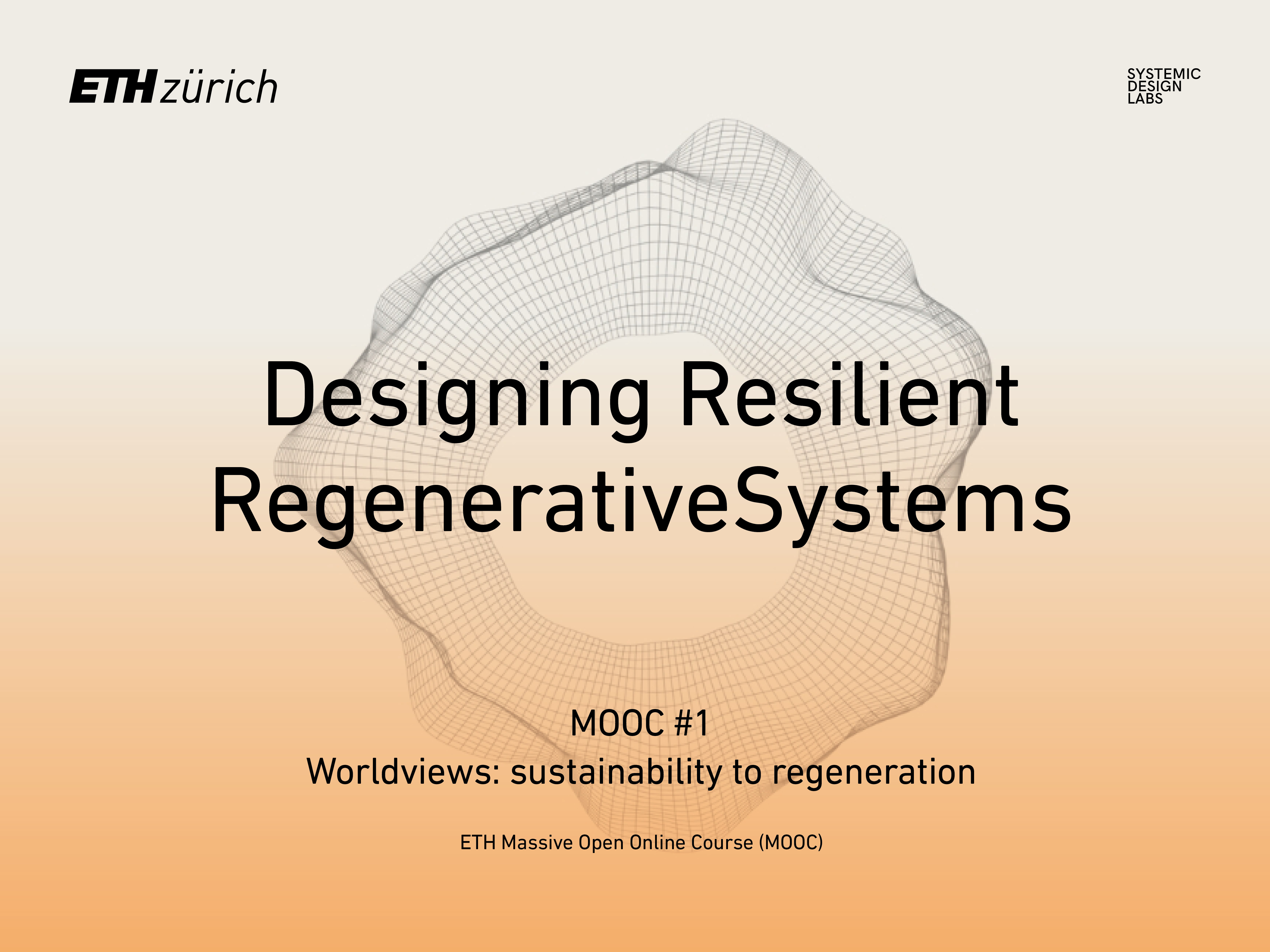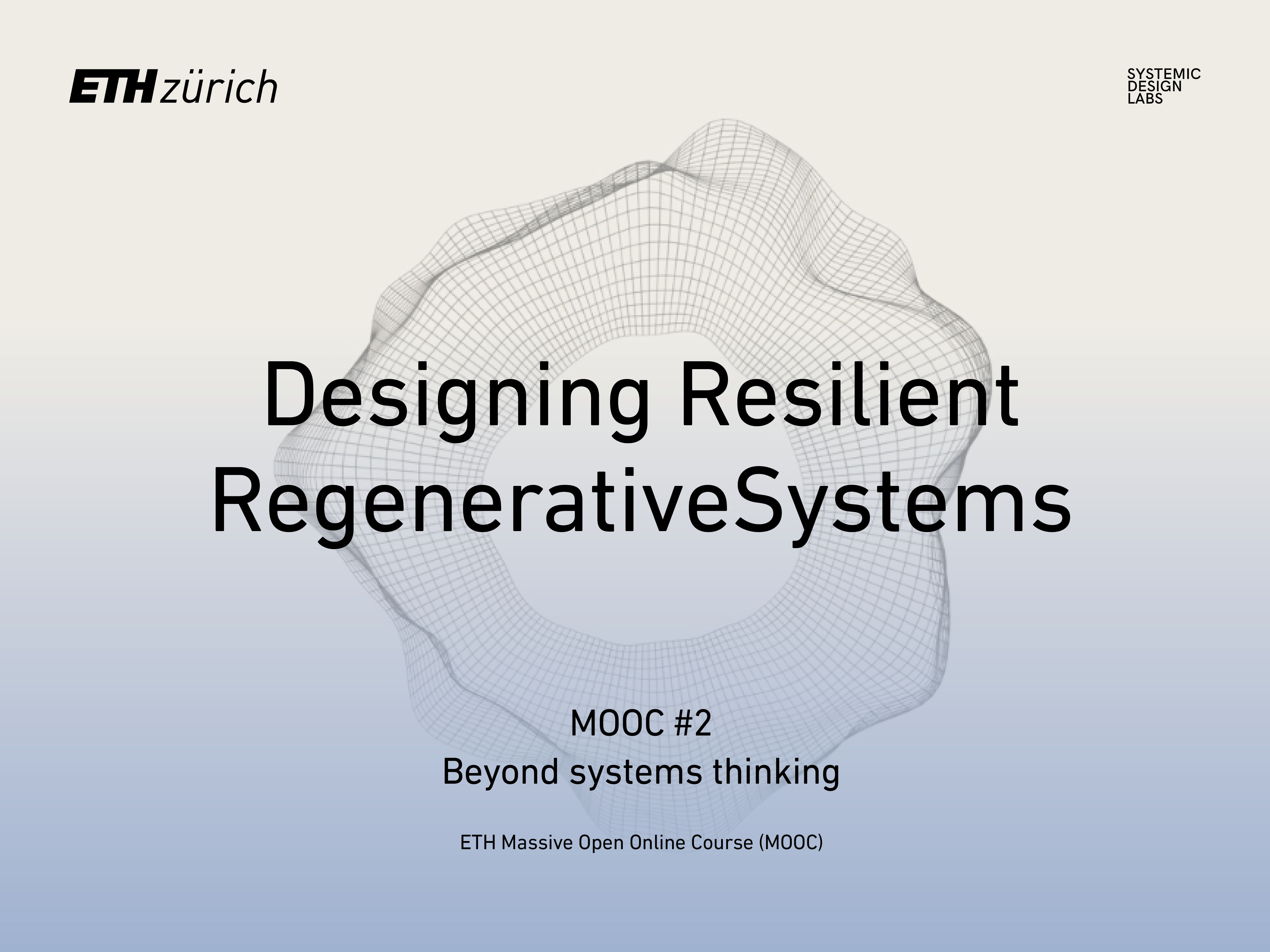Advancing Systemic Design Methodology
Our current societal challenges lead to increased complexity and uncertainty. Neither the analytical and descriptive tools of science, nor the iterative doing of design alone are adequate for addressing complex challenges to implement and guide transformative action. Combining both cultures of reasoning and methods as a fluid, solution oriented and synergistic process, is hybrid, and this is how we understand systemic design.
Through our basic research, we further develop SD methods, practices and cultures.

When is Systemic Design (SD) regenerative? When does SD contribute to the societal sustainability
transition? Systems thinking is not inherently good. For example, the practice of SD without ethical
values and direction could be used to develop unsustainable land use policies that are resilient
against changing them towards becoming restorative, such as currently experienced in the
accelerated destruction of the Amazon rainforest. Given the urgency of transforming our societies
towards being more sustainable, just and fair, SD has untamed potential and responsibility to
inform, incubate and accelerate such change towards regenerative systems. Thus, we need to
discuss and clarify the direction, values, ethics, boundaries of these pathways. As stand-alone
concept and practice, SD requires values, direction and currencies to disentangle its full potential.
This paper reports from a social «fishbowl» open think tank harvesting session at RSD8 Chicago
2019, where we explored what kind of values, direction and currencies may advance the academic
discourse and the designerly practice of SD. This contribution to the RSD8 proceedings consists of
two parts, the summarizing manuscript and a short movie giving insights into the social fishbowl
settings, dynamics and results (https://www.youtube.com/watch?v=5ATrCnAzze8).

It is sorted by the main discussion points of values, currencies and tools (A-C) of when systemic design is
regenerative, plus providing three main directions for ongoing and future discussion and practice (Swat, Luthe, Sevaldson 2019)






